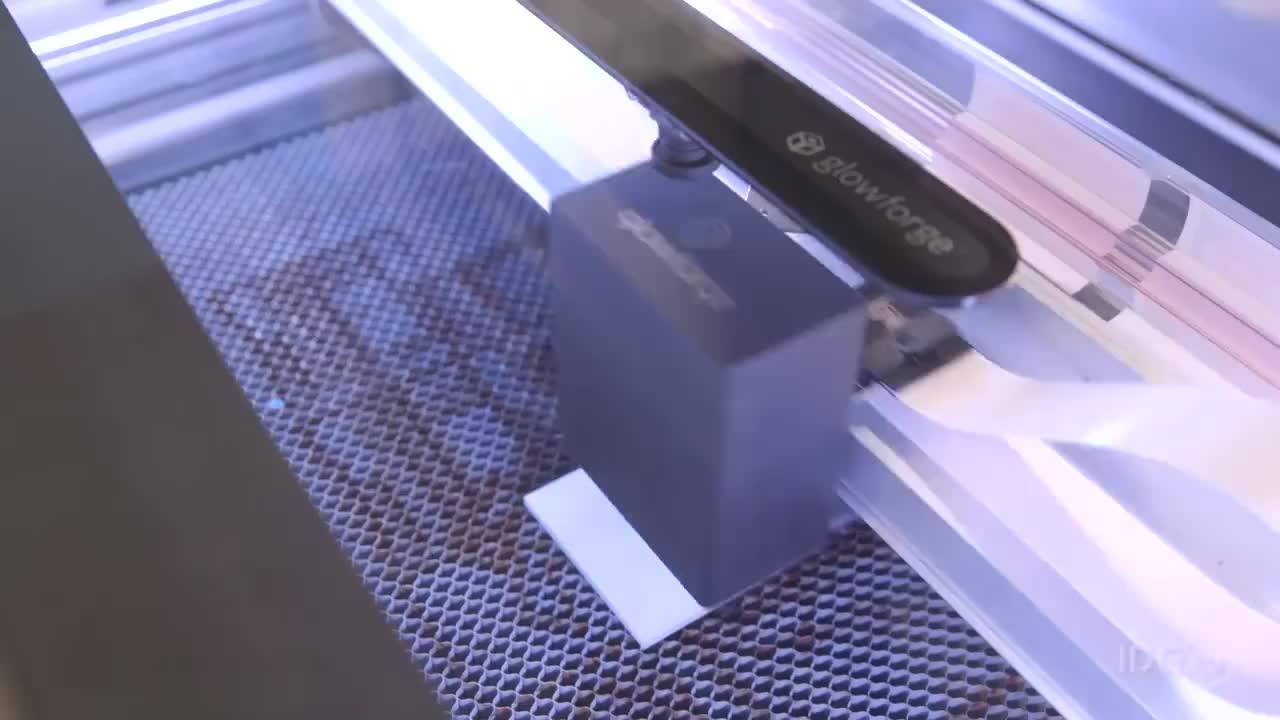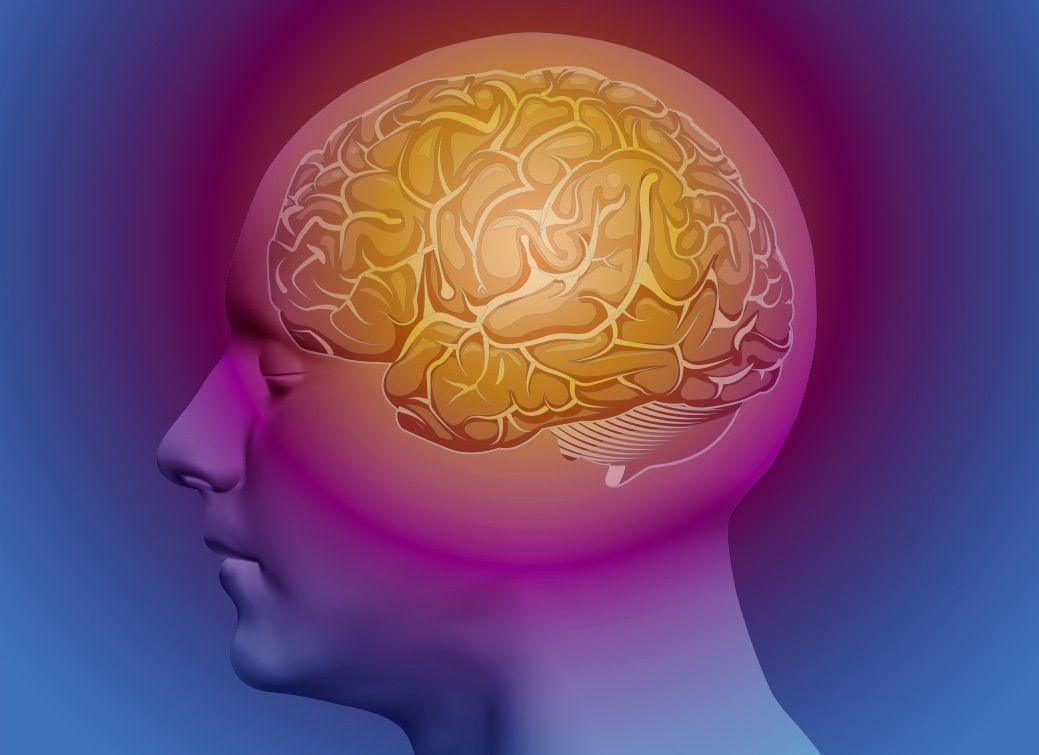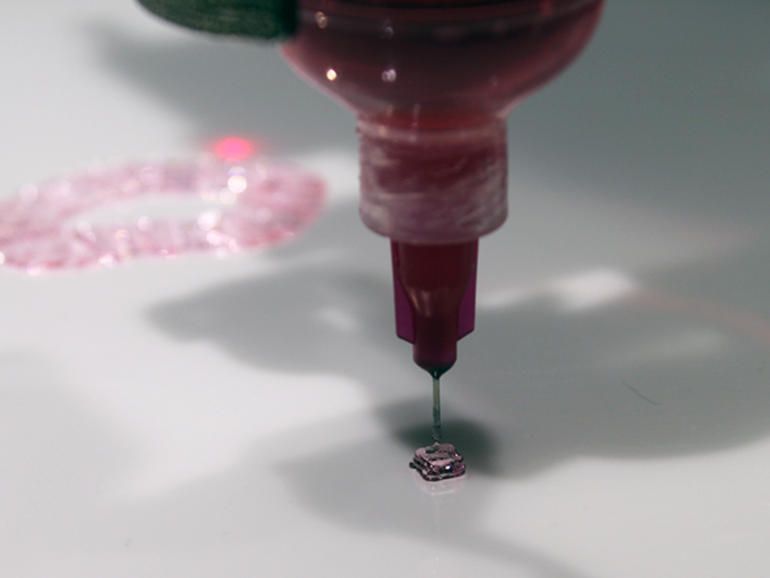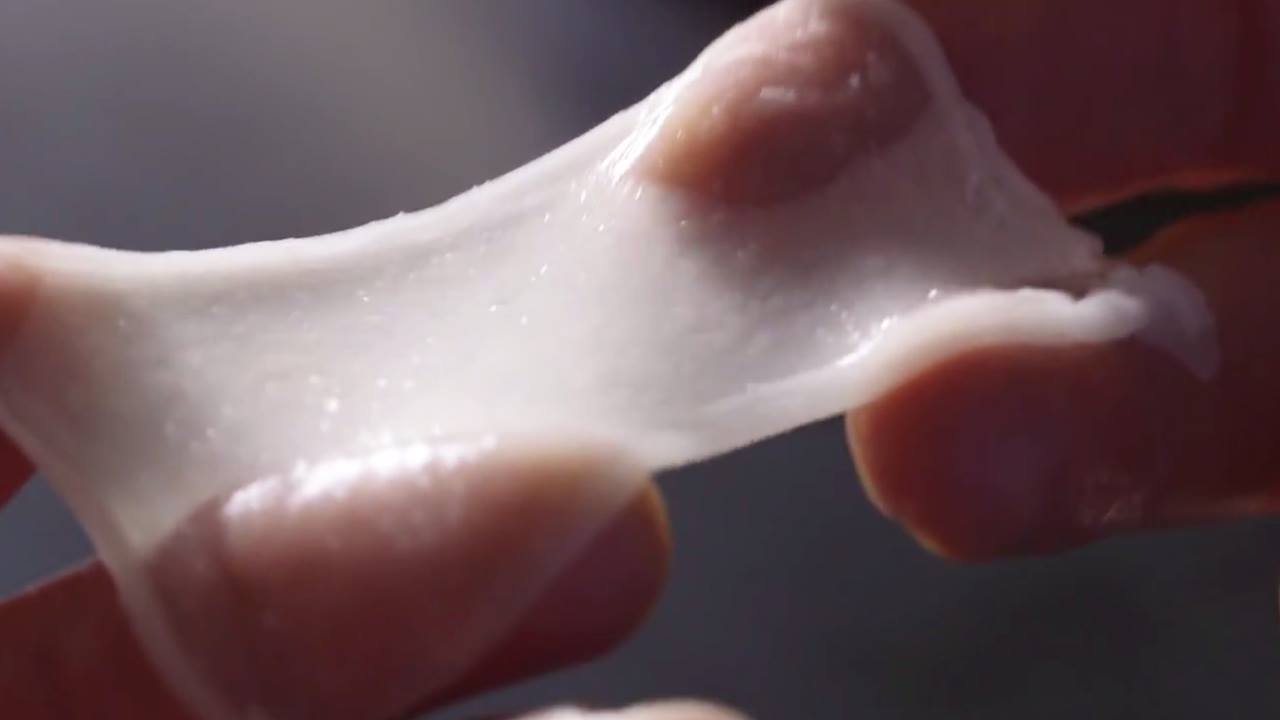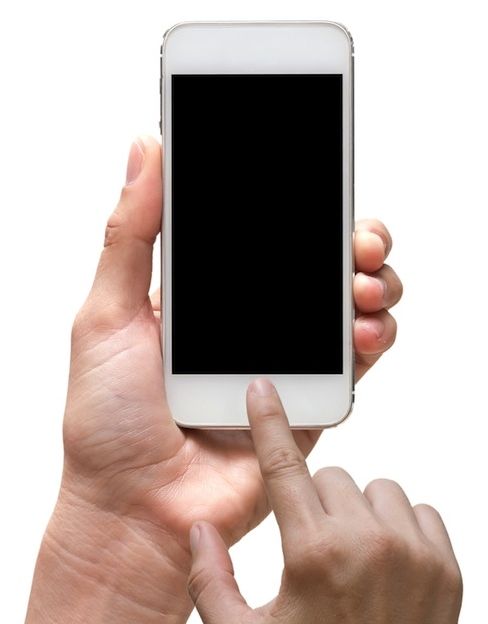Page 11486
Feb 2, 2016
Mind-Reading Computer Instantly Decodes People’s Thoughts
Posted by Sean Brazell in categories: computing, neuroscience
A new computer program can almost instantaneously decode people’s thoughts based on spikes in their brain activity, a new study suggests.
Feb 2, 2016
Hexagon Resources to access high-purity graphite markets in 2017
Posted by Karen Hurst in categories: electronics, materials, neuroscience
Graphene is coming to the market in Q3 2017 by Hexagon Resources. What is also important about this is not only what graphene does for batteries; is 1 day ago when researchers in Italy released their findings in how graphene can be implanted in the brain without damaging brain cells. Therefore, there is huge potential for grapheme beyond batteries and electronics.
Hexagon Resources is on track for first production next year at its McIntosh project in Western Australia, where the country’s biggest flake graphite resource is already demonstrating huge potential for meeting high-value markets and growing significantly in size.
Feb 2, 2016
Robot drills electrodes into British teen’s brain, cures epilepsy
Posted by Dan Kummer in categories: biotech/medical, neuroscience, robotics/AI, transportation
A British teenager has become the first child in the UK to be cured of epilepsy by a robot that drilled deep into his brain.
Billy Whitaker, 15, had suffered daily seizures for seven years until the operation two weeks ago, which medical experts are convinced has cured him.
The procedure used a £350,000 ($503,455) robot, practically the same as those used on car factory production lines, to drill electrodes into Whitaker’s brain.
Feb 2, 2016
Mexico may be the next frontier for medical marijuana
Posted by Karen Hurst in category: biotech/medical
Could Mexico become the new Amsterdam for US and Canadian tourists?
Marijuana investors are looking at Mexico as a potentially sizable market.
Feb 2, 2016
Here’s the design that won Elon Musk’s Hyperloop Pod design contest
Posted by Shailesh Prasad in categories: Elon Musk, transportation
Feb 2, 2016
2,000 year old ‘computer’ discovered: How tech and shipwrecks are rewriting human history
Posted by Shailesh Prasad in categories: 3D printing, biotech/medical, computing
Researchers are only steps away from bioprinting tissues and organs to solve a myriad of injuries and illnesses. TechRepublic has the inside story of the new product accelerating the process.
If you want to understand how close the medical community is to a quantum leap forward in 3D bioprinting, then you need to look at the work that one intern is doing this summer at the University of Louisville.
Feb 2, 2016
Steven Spielberg Working on a Project “Solely for VR”
Posted by Shailesh Prasad in categories: media & arts, virtual reality
Virtual reality was almost hot enough at Sundance this year to melt the snow, but perhaps the most scorching news of the show was casually dropped during the high profile Technicolor panel. Virtual Reality Company (VRC) co-founder and Maleficent director Robert Stromberg declared his company is working with Steven Spielberg on a project that is “solely for VR.”
Responding to a question about how to take VR filmmaking to the next level, Robert Stromberg said “it is about getting other filmmakers interested of course, from the independent level to getting major players involved as well… I can say here, my company – VRC – we’re working with, for instance, Steven Spielberg on a project that’s solely for VR.”
We previously reported that Steven Spielberg signed on as one of the company’s advisors, but at the time there was no confirmation on his involvement with any projects. But with Spielberg set to direct Ready Player One, a film with VR central to the theme, it seemed like a foregone conclusion that he would be dipping his fingers into virtual reality at some point in the near future.
Feb 2, 2016
Smartphones Could Generate Own Power with New Coating
Posted by Shailesh Prasad in categories: computing, materials, mobile phones
A transparent material that can be attached to a smartphone’s touch screen could help the device generate electricity whenever anyone taps it, researchers in China say.
Touch screens are now found on most cell phones and tablet computers. Using a touch screen typically involves finger taps, and scientists at Lanzhou University in China reasoned that the mechanical energy from these motions could be converted into electricity to charge the phone’s batteries, which could significantly extend the working time of these portable devices.
The researchers developed a new material based on a transparent silicone rubber known as PDMS. Scientists embedded wires in this rubber that were made of lead zirconate titanate that were only 700 nanometers, or billionths of a meter, wide. For perspective, this is about 140 times thinner than the average width of a human hair. [Top 10 Inventions That Changed the World].
